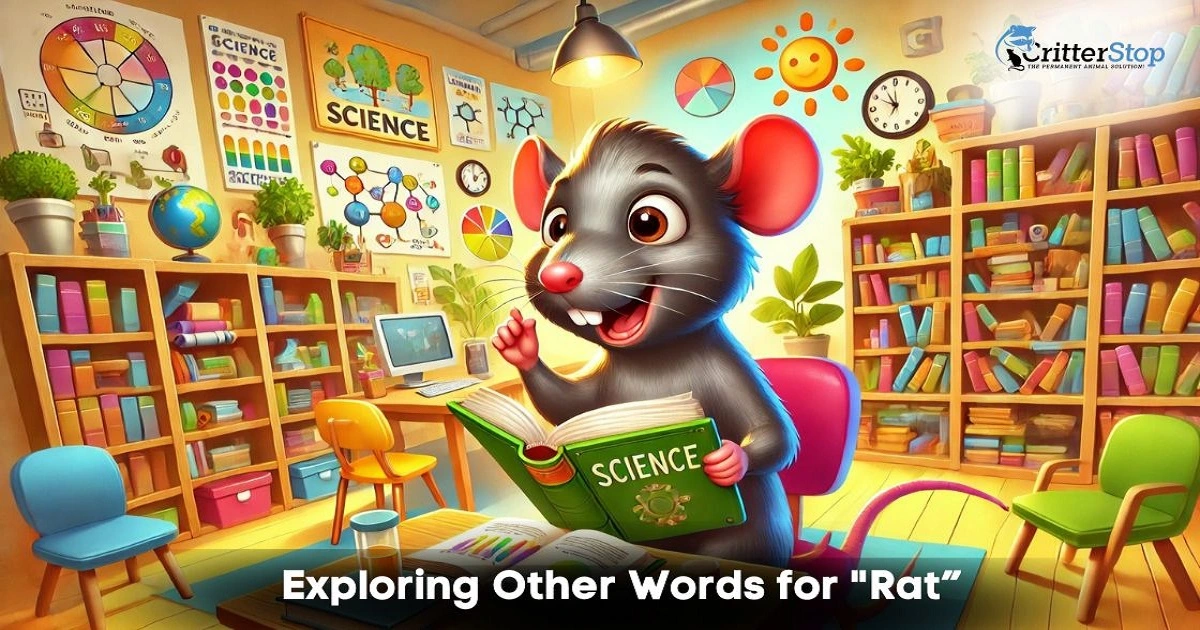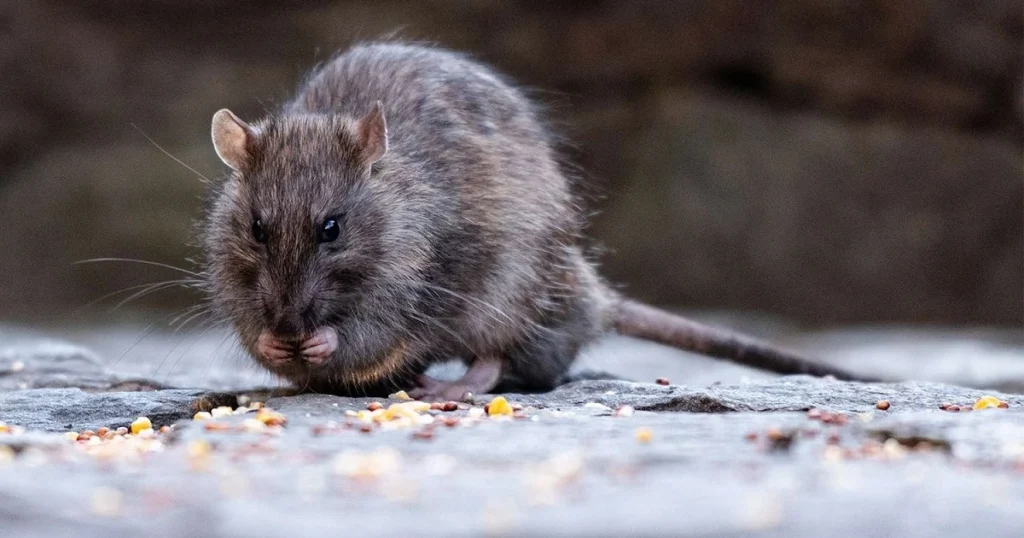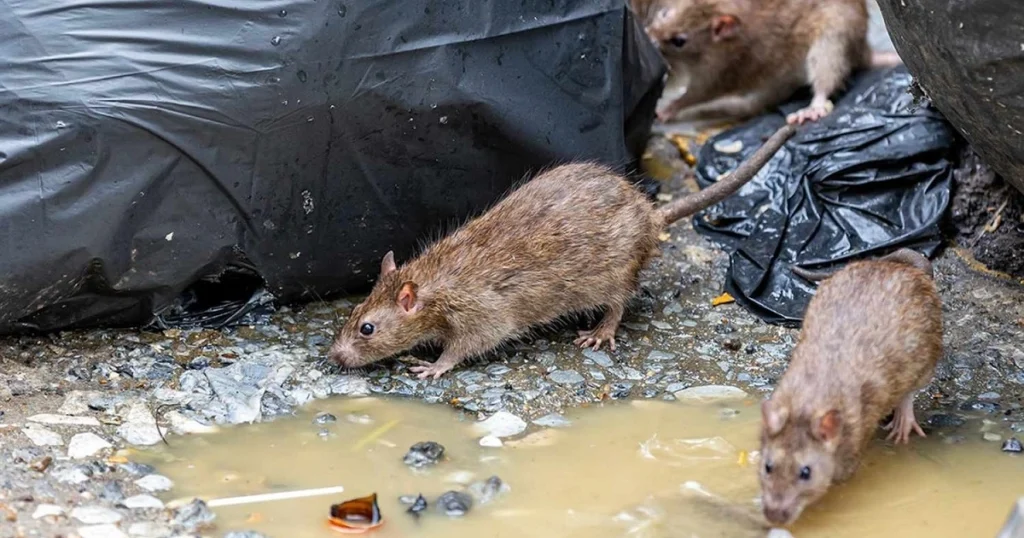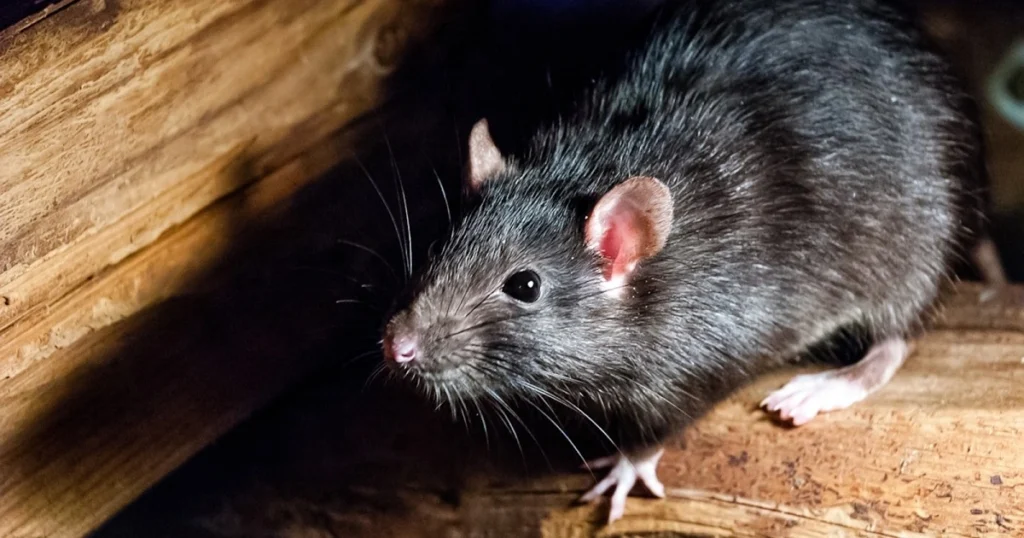
In pest control and wildlife management, accurately identifying creatures is crucial for effective communication and action. While the term "rat" is widely recognized, the English language offers a variety of synonyms that convey nuances and specifics about these rodents. Understanding these synonyms enhances our vocabulary and aids in precision when discussing pest issues.

Rodents, particularly those of the Rattus genus, are commonly called rats. However, depending on the context and species, these creatures can be described using several other terms, each highlighting different aspects of their biology or behavior. Whether you're a homeowner dealing with a potential infestation or a pest control professional tasked with eradication, knowing these synonyms can significantly aid in effective communication and management strategies.
Synonyms and Their Meanings
Understanding rats' behavioral characteristics can help identify and address infestations effectively. Rats are known for their nocturnal habits, preferring to forage and explore at night when they feel safer from predators. They are opportunistic feeders, consuming almost anything available, including grains, fruits, vegetables, and even meat. This adaptability to various food sources contributes to their survival and proliferation in urban and rural environments.
Rats have a significant ecological impact. They often compete with native species for resources and sometimes outcompete them due to their reproductive efficiency and adaptability. In ecosystems where they have been introduced, rats can disrupt local biodiversity and ecosystem dynamics, posing a threat to endangered species and native fauna.
One of the most critical reasons for effective rat control is their role as potential vectors for various diseases. Rats can transmit pathogens to humans directly through contact with their urine, feces, or saliva, or indirectly via contaminated food and water sources. Diseases associated with rats include leptospirosis, hantavirus, and various bacterial infections, making their control essential for public health.

Rat infestations can significantly affect urban and rural environments, impacting public health, agriculture, and infrastructure. These rodents are prolific breeders, capable of producing several litters of pups each year, rapidly increasing their population if left unchecked. Their ability to adapt to various environments and food sources makes them formidable pests in both residential and commercial settings.
Beyond their direct interactions with humans, rats can have profound ecological impacts. In ecosystems where they are introduced, rats can prey on native species, consume vegetation, and outcompete local fauna for resources. This disruption can lead to biodiversity and ecosystem stability declines, affecting natural habitats and native species' survival.
Rats can cause significant economic damage through their destructive behavior. They are known for gnawing on various materials, including wood, plastic, and electrical wiring, leading to structural damage and potential fire hazards. In agriculture, rats can destroy crops and contaminate stored food supplies, leading to financial losses for farmers and producers.
Effective rat control requires a comprehensive approach integrating preventive measures, habitat modification, and targeted interventions. Preventive measures include sealing entry points, eliminating food and water sources, and maintaining cleanliness to reduce potential habitats for rats. Habitat modification involves removing clutter, debris, and vegetation that can provide shelter and food for rodents.
Chemical interventions, such as rodenticides, are used judiciously to reduce rat populations when necessary. These substances are formulated to attract rats and are designed to be effective yet safe when used according to label instructions. Mechanical traps, including snap and live traps, offer humane methods for capturing and removing rats from infested areas.
Community engagement and education play crucial roles in successful rat control efforts. Educating residents and businesses about the importance of proper waste management, food storage practices, and early detection of rat infestations can help prevent outbreaks and minimize the need for extensive pest control measures. Encouraging proactive measures and reporting of rat sightings fosters a collaborative approach to maintaining public health and safety.

When faced with a rat infestation or wildlife pest problem, seeking professional assistance is crucial. Critter Stop, a leading wildlife and pest control company, offers expert solutions tailored to your needs. With a fantastic reputation and customer reviews online because it provides high-quality work and excellent customer service, Critter Stop ensures humane and effective removal of pests from your property.
Contact Critter Stop today at (214) 234-2616 for a free inspection and consultation. Their specialists are equipped to handle any wildlife or pest control issue promptly and efficiently, using safe and environmentally friendly methods. Don't let rats or other pests jeopardize your health and safety—trust Critter Stop to restore peace of mind and a pest-free environment.
In conclusion, understanding the diverse terminology used to describe rats and their synonyms is essential for effective pest management and wildlife conservation efforts. By employing integrated pest management strategies and promoting community awareness, we can mitigate the impacts of rat infestations on public health, ecosystems, and economies.
Welcome to the FAQ section of our article on Exploring Other Words for 'Rat.' Here, we address common questions about synonyms for rats and their implications in pest control and wildlife management.
In pest control terminology, rats are often referred to as "rodents," encompassing a broader category that includes mice, squirrels, and beavers. Another common term is "vermin," which denotes pests that pose health risks and cause property damage. These synonyms help professionals and homeowners alike discuss and address rodent-related issues effectively.
Understanding synonyms like "rodent" and "vermin" allows pest control specialists to tailor their strategies based on the specific characteristics and behaviors associated with these creatures. For instance, knowing that rats are classified as vermin emphasizes the urgency of implementing preventive measures and targeted interventions to mitigate health and structural risks.
Accurate terminology, such as referring to rats as "rodents" or "vermin", enhances communication among professionals and stakeholders involved in wildlife management. It clarifies disease transmission, ecological impacts, and effective control methods, promoting informed decision-making and successful outcomes.
"Rattus" refers to the genus of rodents, including many species commonly known as rats. This term is used in scientific contexts to classify and study these animals' biology, behavior, and geographical distribution. Understanding "Rattus" aids researchers and conservationists in monitoring populations, studying disease dynamics, and implementing conservation measures where necessary.
Homeowners can identify signs of a rat infestation by recognizing behaviors associated with rodents, such as gnaw marks, droppings, and evidence of nesting. Using synonyms like "vermin" or "rodents" helps homeowners research effective prevention and control methods, including sealing entry points, eliminating food sources, and seeking professional assistance from companies like Critter Stop for comprehensive pest removal solutions.
Explore more about effective pest control and wildlife management strategies with Critter Stop. For expert assistance, contact us at (214) 234-2616 for a free inspection and consultation. We specialize in humane wildlife removal and pest control services tailored to your needs.
Visit our Critter Library and learn more about our furry friends